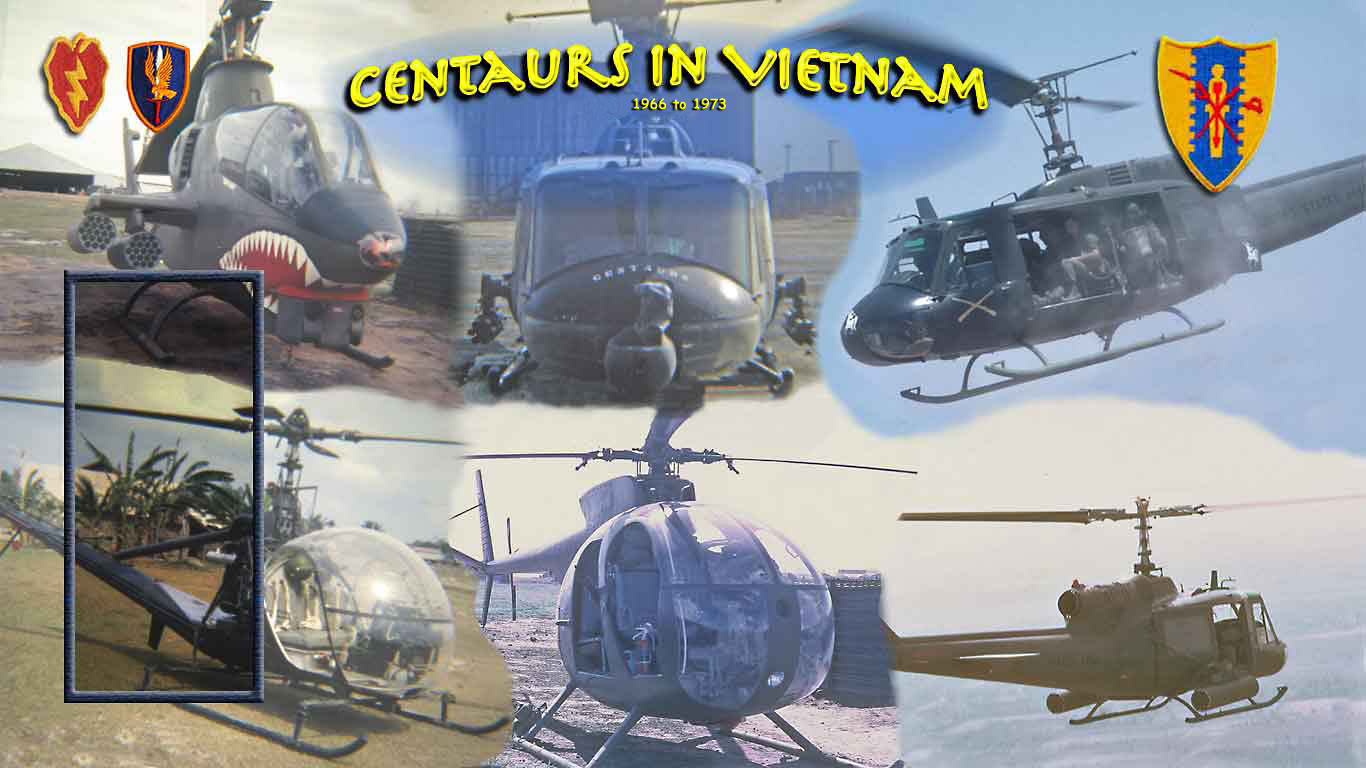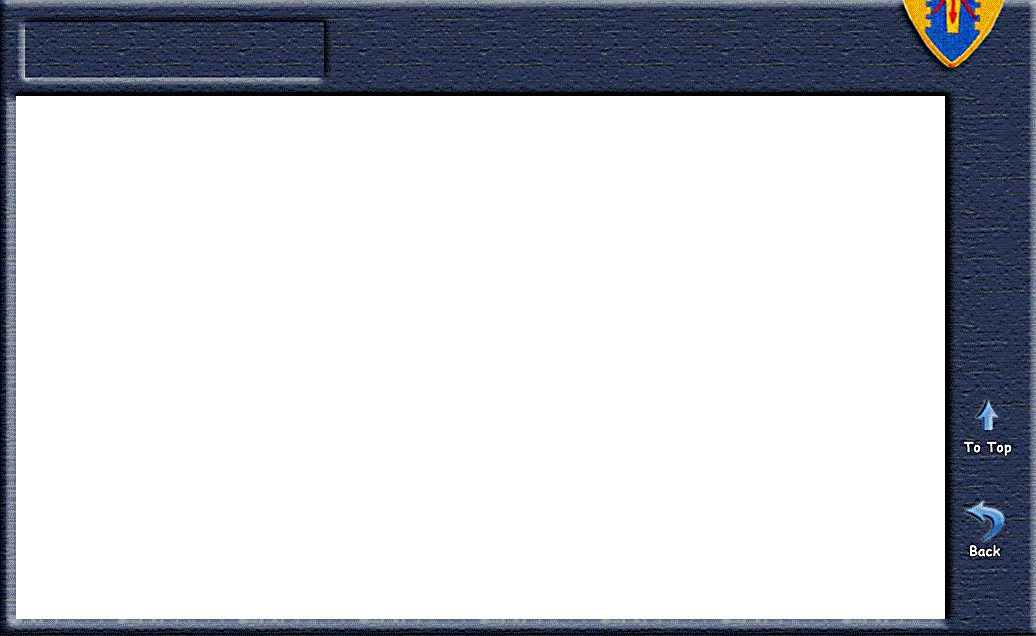

Info Sheet - Obituary - Herbert A. Caddell
Died 19 Feb 2013
Obituary- Article by Tony Peluso
………………………………………………………………………
CADDELL, Herbert Anthony 70, of Odessa, passed away on Feb. 19, 2013, surrounded by family and friends. He is survived by his wife of 21 years, Triste; his children, Bryan (Mary), Todd (Cathy), Michelle (Michael), Danielle (Michael); grandchildren, Andrew, Katie (Darko), Payton, Ashton, Brian, Hunter and Reddington; brother, Robert; nephews, Jeff and David; sisters, Sandy, Shirley, Carol and mother Lucille; aunts, Gladys Murray, and Daisy Carson; nieces, Katherine and Caroline; his special nephews Tony, Andy and Michael and special niece, Lauren; his brother-in-law, Tom and sister-in-law, Georgeanne; and his dogs, Bandit and Petey. Predeceased by his aunt, Dimple Kersey.
Herb, called "Tony" by family members, was born in Wallens, KY on Dec. 14, 1942. He graduated in 1960 from Valley High School Louisville, KY. He enlisted in the U.S. Army in 1961. His first permanent assignment was Camp Drake, Japan with the Army Security Agency. While there Herb attended Sophia Jesuit University in Tokyo getting two years of college credits in one year.
Herb re-enlisted in 1963, and qualified for Officer's Candidate School. He attended basic flight school at Fort Wolters, TX and advanced training at Fort Rucker, AL. Herb received his aviator wings in Nov. 1965.
He arrived in Vietnam as a first lieutenant assigned as an Aero Scout Pilot, Troop D, 3rd Squadron, 4th Cavalry in the 25th Infantry Division (Tropic Lightning). Herb flew OH-6 Cayuse (Loach) helicopters, Charlie Model Hueys and Cobra gunships. He had at least four helicopters shot out underneath him and received two Purple Hearts for wounds suffered in intense combat.
During one year in combat he received 12 air metals, a first award and 11 oak leaf clusters. After discharged from active duty, he attended Middle Tennessee State University.
After college, Herb joined the U.S. Marshal's service. He was assigned to various places such as Milwaukee, Miami, Tampa, U.S. Virgin Islands and Washington, D.C. where he guarded some of the Watergate defendants.
Herb and Triste loved to travel especially with their friends Carolyn, Cindy, Bob and their children Michael and Lauren. Some of the places they visited were Bhutan, New Guinea, Australia, New Zealand, Syria, Jordan, England, Scotland, Morocco, Greece, Ireland, Bermuda, Austria, Prague, Budapest, Amsterdam, Brussels, Berlin, Hawaii, Maine, Canadian Rockies, Yellowstone and Glacier National Parks and his favorite country Italy. Herb was proud of his Scottish/Cherokee heritage. He had a full kilt outfit which he wore in Edinburgh celebrating New Years Eve 1999. He loved music from opera, to Bocelli who he heard live in concert 3 times, the Beach Boys, Leonard Skynard, Barry White, and the Grateful Dead.
He was an avid reader of the classics, especially Moby Dick but also enjoyed the Harry Potter books. Herb loved going to museums, Dutch painters such as Rembrandt, going to the movies and eating popcorn, playing cards and board games, and drinking wine with his friends and family. He was an avid golfer who had two holes in one and enjoyed the time spent on courses with his golf buddies.
At any time, Herb was available to help family and friends. He touched and influenced so many lives. His terrific impish warm smile and tremendous sense of humor will be very missed.
Published in the Tampa Bay Times on Feb. 23, 2013
In Memoriam of Herbert Anthony Caddell
A dedication by Tony Peluso, author of Waggoners Gap
A very brave man died Feb. 19, 2013, at 12:13 a.m. Cancer, in its most virulent form, took the life of one of the bravest and most dedicated American patriots of my generation.
Most of his friends and associates knew Herbie as a retired Deputy United States Marshal. He’d served in the Marshal’s Service for more than 30 years. In the 80s he worked in Tampa, Florida, protecting the judges in the local division of the Middle District, chasing dangerous fugitives, and moving committed criminals around Tampa Bay for court hearings and trials. It was difficult, tedious, and occasionally dangerous work.
He did his job brilliantly. The Federal judges loved him, the lawyers respected him, the administrative staffers trusted him, and the prisoners found him tough but fair.
Other deputy marshals and all of local law enforcement appreciated Herbie. The cops knew that he was smart, brave, resourceful, and steady. They always felt more comfortable when he was around. No matter how dangerous the situation or perilous the undertaking, you knew he had your back.
After his tour in Tampa Bay and before his retirement, Herbie worked in Fort Meyers, the Virgin Islands and later in Miami as a marshal. On some of the islands, Herbie was the law. As in Tampa, the people he served in the territories trusted and respected him. They knew that he was a friend to the law abiding, but a steadfast enemy of those who would prey on the weak or defenseless.
After retirement, Herbie returned to Tampa Bay to be near his beloved wife, Triste. In concert with her adventurous spirit, he became a world traveler, a connoisseur of fine wine, spirits, and food, and a financial expert. He was a student of politics and—due to his life experiences—a keen observer of the human condition.
To his closest friends, who numbered in the scores, he was the go to guy in any emergency. A true renaissance man, Herbie could fix anything. My family coined the term “Herbergency” to describe any broken pipe, dented fender, smashed window, shorted out circuit or other mishap—since the occurrence of these events insured Herbie’s timely response to save the day, one more time.
Of course, such a resume would reflect a superior achievement for any man. Yet it only revealed a small portion of the life of this wonderful human being. You see, a few days ago cancer was able to do something that the entire North Vietnamese Army could not accomplish in the mid 60s, though it certainly tried hard.
Though he rarely spoke of it, and then only to a few of his closest friends, Herbie was a true war hero; humble, self-effacing, and reluctant to take credit for his monumental contribution to our national security.
Herbert Anthony Caddell began his Army career as an enlisted man in 1961. Even as private in the Army Security Agency he showed his potential for competence and leadership. Posted to Japan and entrusted with America’s highest security clearances, Herbie worked like a dog during the day at Camp Drake, helping to electronically monitor our enemies. At night he studied voraciously at Sophia University in Tokyo.
Herbie wanted to be an officer. He knew he had to improve himself to reach that goal. By the summer of 1964, the Army commissioned Herbie as a second lieutenant in the Infantry. The Army sent him to the Armor officer’s basic course, then to rotary wing training in Texas and Alabama. In late 1965, the Army pinned the coveted aviator’s wings on Herbie’s green uniform.
Three months later, Herbie was a first lieutenant serving as a helicopter pilot in the 3rd Squadron, 4th Cavalry in the 25th Infantry Division (Tropic Lightning) in Vietnam.
The Viet Cong and their cousins from the north were masters of camouflage. They had been fighting invaders from China, Thailand, Cambodia, France, and Japan for nearly 1,000 years. Though they had lost many battles, and it might take 100 years, the Vietnamese had always prevailed in the end.
Over centuries of fighting technologically superior enemies, they learned to hide in the jungles and mountains of Indochina, melting into the flora like specters. Though they could hide in plain site, the Vietnamese were aggressive and tough. They spoiled for a fight and would take advantage of every opportunity to inflict death and destruction on their enemy.
During his tour of duty, Herbie received an Air Medal with 11 oak leaf clusters. That’s 12 awards. This means that in one year he flew at least 300 combat missions. He averaged one Air Medal per month. If that is not a record, it certainly is an inspiring achievement.
Despite his crashes, injuries, and wounds, Herbie survived Vietnam. Although the enemy tried, they failed to bring him low. He served his beloved country gallantly, honorably, and well.
Herbie finished his military career as a captain, flying cobras in Germany. In 1968, he was defending the Fulda Gap, when the Russians invaded Czechoslovakia. I believe the Russians knew better than to come further west, knowing that Herbie guarded the border.
In his later life, Herbie sometimes struggled with the guilt of the survivor. No amount of solace from a rear echelon ranger like me could ever console him. Although he sometimes wondered why he survived when many of his comrades did not, I believe it was because God had a plan for him to come back home and touch thousands of lives and make them better.
I will miss Herbie tremendously, but I’m convinced that God has called him home because there was an Herbergency in heaven, and only Herbie could resolve it.